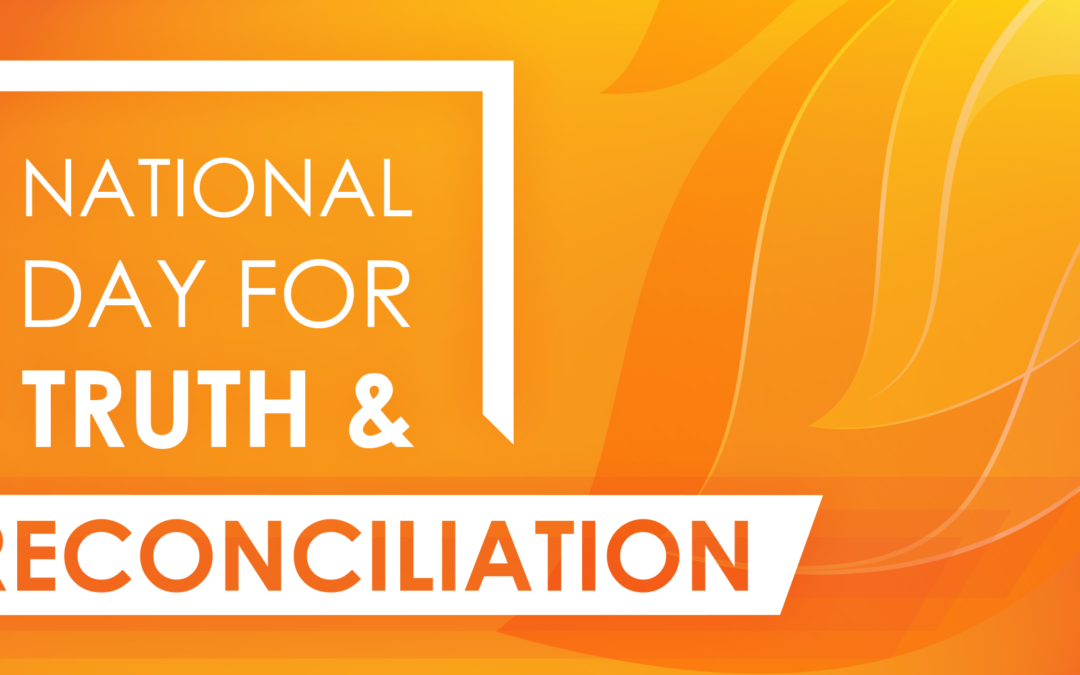Earlier this year, the Canadian government announced that September 30 would be a federal day of reflection called the National Day for Truth and Reconciliation. ICBA encourages all Canadians to take some time on September 30 to reflect on the horrific legacy of Canada’s residential school system and the tragic neglect and abuse suffered by generations of Indigenous families. The following is adapted from a note sent to our employees:
In October 1966, a 12-year-old Indigenous boy named Chanie Wenjack froze to death trying to escape from a rural Manitoba residential school. Chanie was trying to walk home to the family he had been taken from, not realizing they lived 400 miles away. The only thing in his pocket was seven matches.
Chanie was one of thousands of Indigenous children, forcibly removed from their homes by Canadian authorities for a century, and taken to a residential school. At residential schools throughout Canada, children were neglected and routinely abused and as we now know, thousands of young children tragically died as a result.
The policy underpinning the creation of residential schools was nothing more than an attempt to eradicate cultures and languages to facilitate the forced assimilation of Indigenous people and communities.
Chanie’s story – one of so many tragedies – was published in Macleans magazine in 1967. The story had been long forgotten until it ended up in the hands of Gord Downie, the lead singer of the Tragically Hip. Gord Downie’s heart broke, and he dedicated the last years of his life to bringing attention to Chanie’s death and the national tragedy of residential schools.
Gord Downie wrote 12 poems and an album about Chanie’s story, and it became the basis for an award-winning graphic novel and CBC documentary. Just before Gord Downie died in October 2017, he begged Canadian leaders and citizens to “Do Something” to help heal the great national wound caused by residential schools.
Chanie’s surviving sisters, Pearl and Daisy, are doing something. With Gord Downie’s family, they set up the Gord Downie & Chanie Wenjack Fund to support the cause of true reconciliation.
The Downie & Wenjack Fund has a number of resources worth reviewing:
- Watch this video discussion about what this national day means for Truth and Reconciliation, featuring prominent Indigenous leaders
- Read Chanie’s story
- Watch the Secret Path documentary
- Read the recommendations from the Truth and Reconciliation Commission HERE
ICBA is doing two things through our Building Stronger Futures charitable and community giving initiative to mark this first National Day for Truth and Reconciliation:
- ICBA has made a $2,000 donation to the Downie & Wenjack Fund to help them continue their important work toward reconciliation.
- ICBA will annually fund four $1,500 bursaries for Indigenous young people pursuing a career in the trades in B.C. and Alberta. We intend to work with an Indigenous national charity that invests in the education of First Nations, Inuit and Métis people for the long-term benefit of these individuals, their families and communities, and Canada. We hope to have these bursaries available by the end of 2021. Details to come later this year.
The residential school policy is a deep stain on Canadian history and one that we need to confront openly if we are ever going to know the truth, and, with compassion for the victims, if we are ever going to start to heal.
Finally, there is a national Residential School Survivor Crisis Line available 24 hours a day, seven days a week: 1-866-925-4419. For non-Indigenous people, Crisis Services Canada is available to help: 1-833-456-4566.

